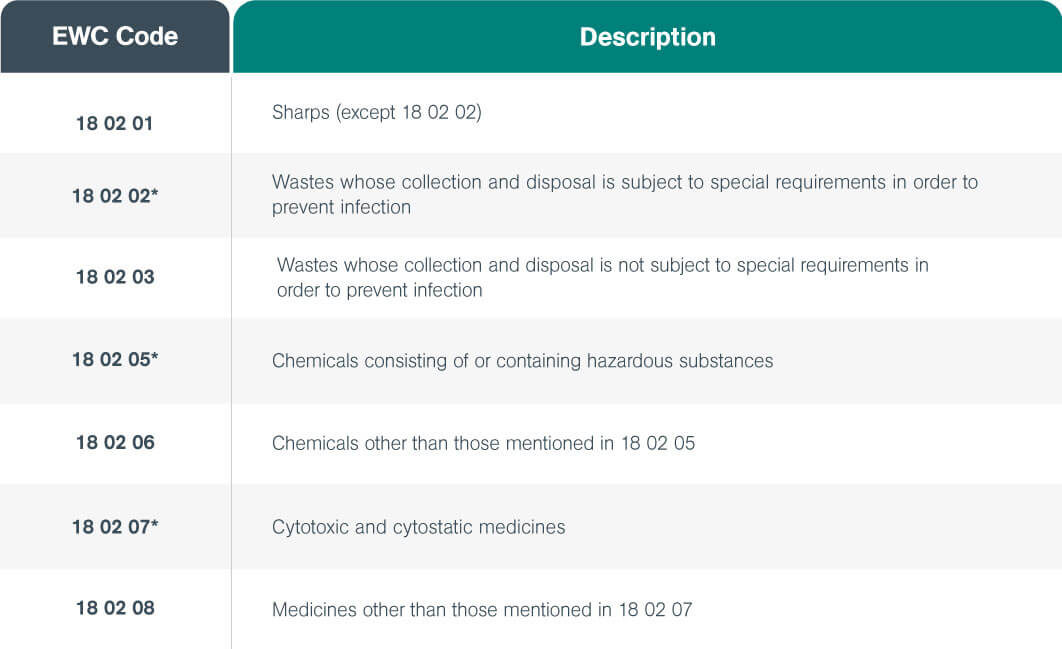What Are the EWC Codes for Healthcare Waste?
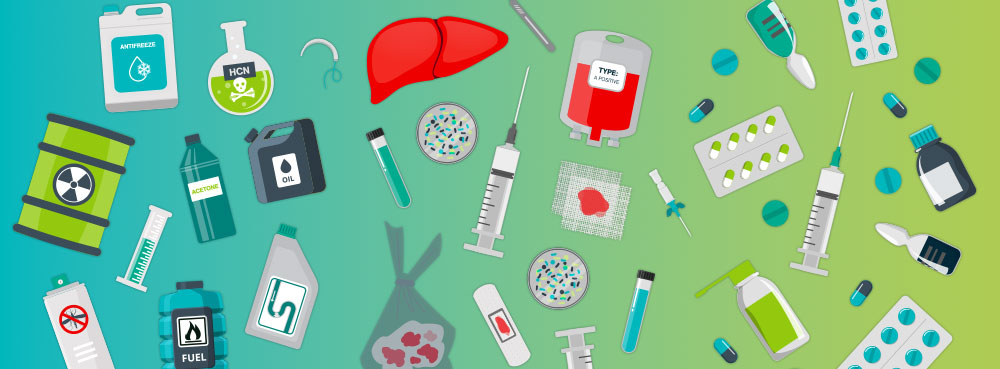
When it comes to compliance and sustainability, the correct segregation of healthcare waste is vital. Understanding the EWC Codes for healthcare waste will enable you to correctly identify and classify each waste type, follow best practices, and stay firmly on the route to Net Zero.
TOPICS WE WILL COVER:
2 / What Is the European Waste Catalogue?
3 / Why Do You Need to Use EWC Codes?
4 / Healthcare Waste EWC Codes Explained
5 / Useful Resources for Classifying Waste
6 / Do You Need Help Classifying Your Healthcare Waste?
What Is an EWC Code?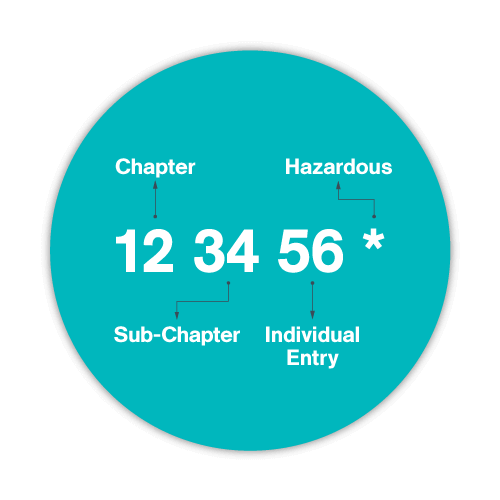
An EWC Code is made up of six digits and is used to identify waste as listed in the European Waste Catalogue. It can also be referred to as an LoW (List of Waste) Code or Waste Classification Code. EWC Codes are formatted as three pairs of numbers used to identify and classify waste types into appropriate categories determined by how the waste has been produced. The three pairs of numbers denote the chapter, subchapter, and individual entry; for waste considered hazardous, an asterisk is added to the end of the code. It’s a legal requirement that any waste produced by your business and sent for recycling or disposal is classified using the correct EWC code.
What Is the European Waste Catalogue?
The European Waste Catalogue is a hierarchical list used to index and categorise waste descriptions. The catalogue comprises around 650 different codes divided across 20 chapters from 01 to 20. The main chapters are usually defined by industry but in some cases are based on materials and processes; each chapter is further subdivided into categories. The individual waste within each chapter is assigned a six-figure code to classify exactly what type of waste it is.
Why Do You Need to Use EWC Codes?
The main reason for using EWC Codes to correctly identify, classify and follow waste segregation best practices is to prevent harm to people and the environment.
As well as being a legal requirement of your Duty of Care as stipulated by the Environmental Protection Act 1990, waste management service providers should require you to correctly classify the waste you're producing using the relevant EWC Codes.
Classifying your waste will also help you:
- Effectively record and monitor the waste you’re producing.
- Ensure waste is being segregated into the right waste streams.
- Correctly label your waste as hazardous or non-hazardous.
-
Choose the most suitable and sustainable treatment process.
Healthcare Waste EWC Codes Explained
For the purposes of healthcare waste, we’ll only be looking at chapter 18 of the European Waste Catalogue and the relevant subchapters within it. Chapter 18 categorises waste from human or animal healthcare and/or related research (except kitchen and restaurant wastes not arising from immediate health care).
Human-Related Healthcare Waste EWC Codes
Subchapter 18 01 categorises wastes from natal care, diagnosis, treatment or prevention of disease in humans. The human-related healthcare waste EWC Codes are as follows:
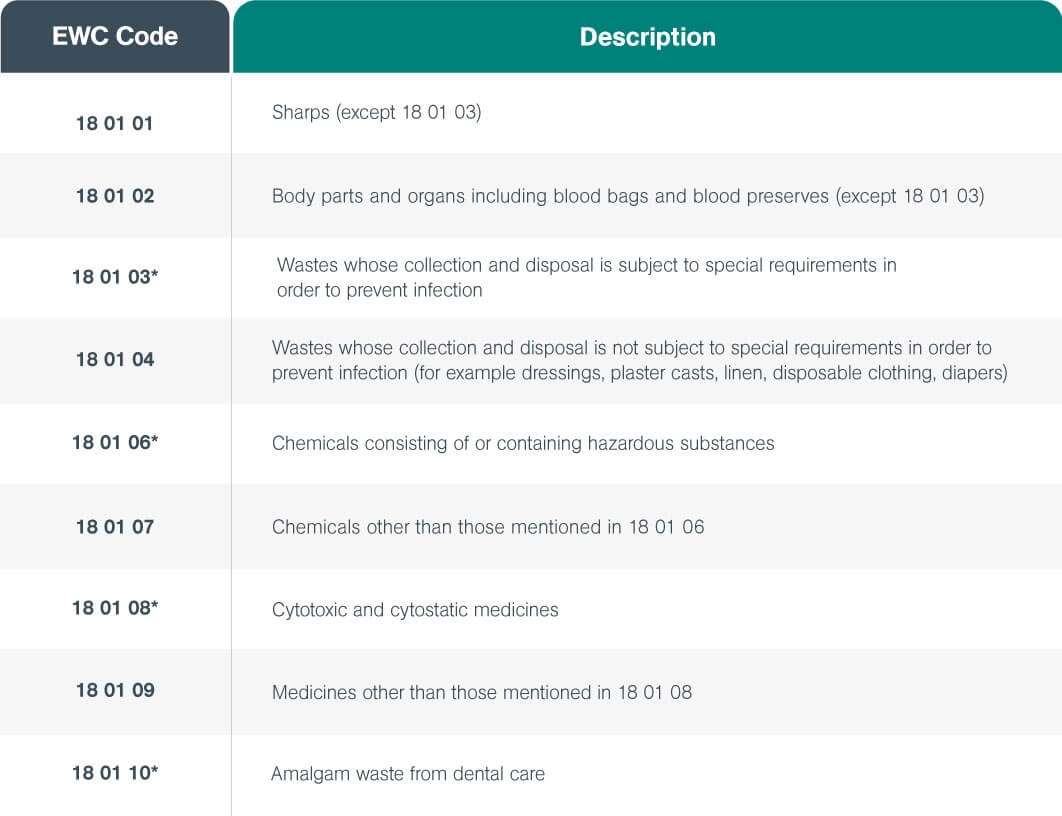
Animal-Related Healthcare Waste EWC Codes
Subchapter 18 02 categorises wastes from research, diagnosis, treatment or prevention of disease involving animals. The animal-related healthcare waste EWC Codes are as follows:
Useful Resources for Classifying Waste
For further information from the Environment Agency regarding waste classification, please see the below resources:
- How to Classify Different Types of Waste
- Waste Classification Technical Guidance
- Health Technical Memorandum (HTM) 07-01: Safe and Sustainable Management of Healthcare Waste
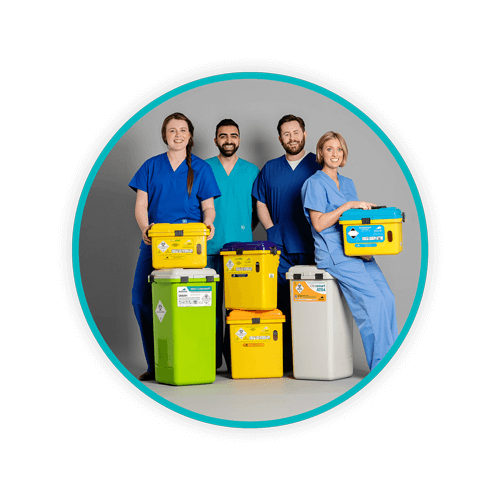
Do You Need Help Classifying Your Healthcare Waste?
Sharpsmart provides fully managed healthcare waste management solutions that include waste optimisation, enhanced safety procedures, and training on compliant waste segregation. Contact us for support with compliant segregation and guidance in educating your staff on classifying healthcare waste; leading to a more sustainable approach to waste management.
We’re dedicated to exceeding sustainability benchmarks, reducing the volume of clinical waste that ends up being treated via high-temperature incineration, and supporting our partners on the route to net zero.
